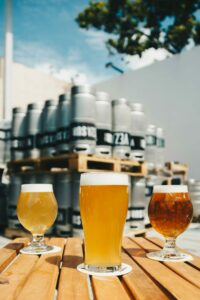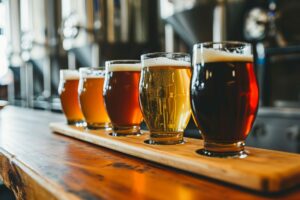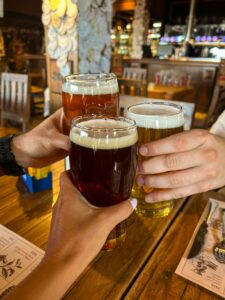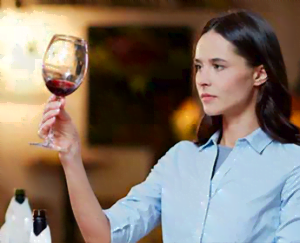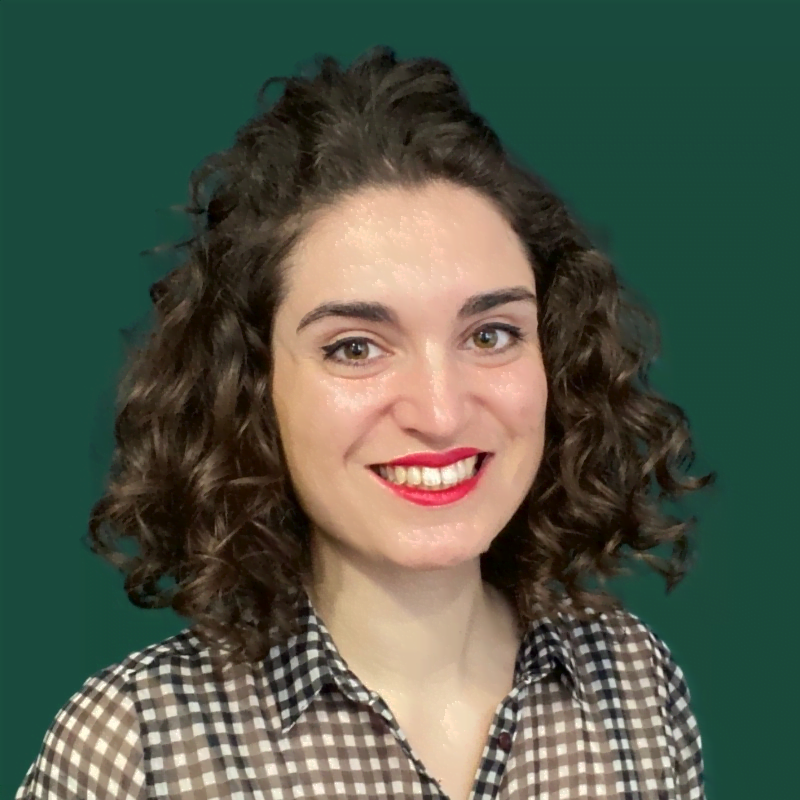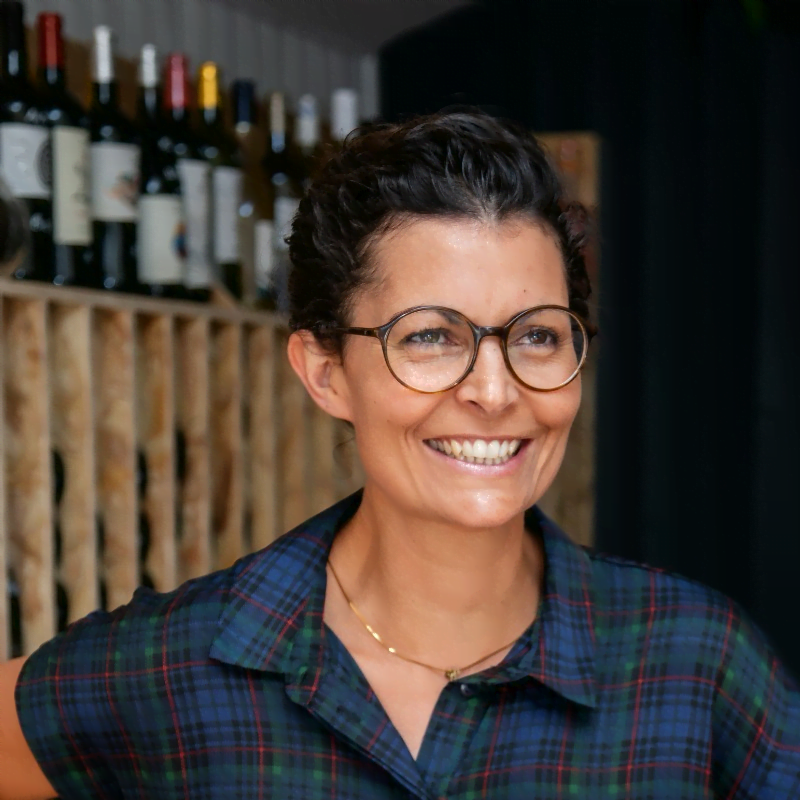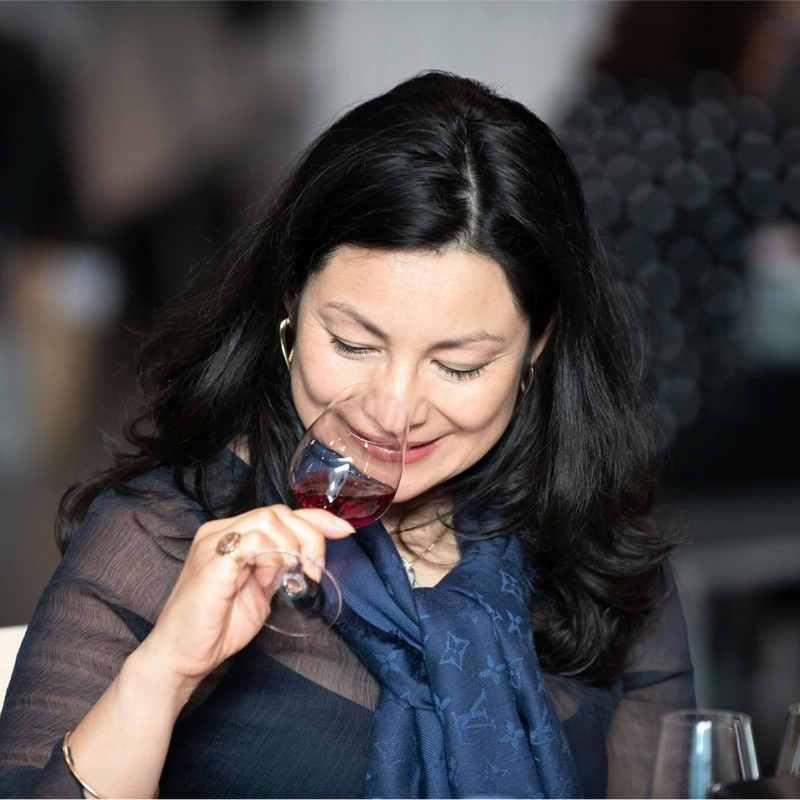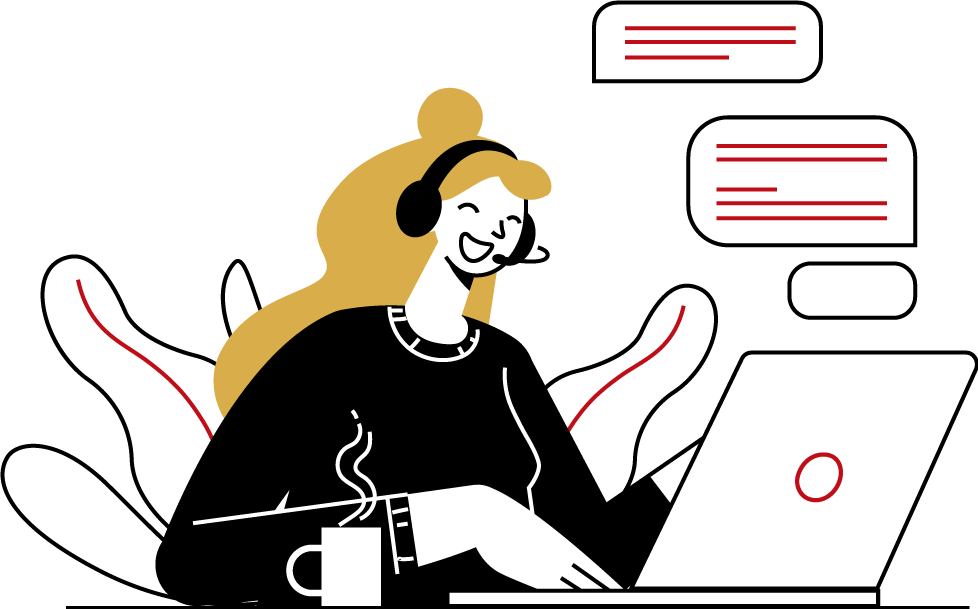Originally from Bordeaux and a WSET Diploma holder, Matthias SEIGNETTE began his career as an export sales representative in Asia and Europe for family estates in Bordeaux and the wine trade. His encounters with producers from diverse backgrounds fueled his thirst for discovery, which he satisfied by completing various WSET levels, studying at the Institute of Masters of Wine, and traveling extensively to many wine regions. Since 2019, he has been sharing his passion as an accredited trainer for Bordeaux Wines and WSET programs.
In this interview, Matthias reveals all aspects of this exclusive professional training.
Can you tell us about the genesis of this new training program?
We aimed to create a comprehensive course focused on Bordeaux wines, key players, and terroirs, emphasizing market placement and sales strategies. I often heard colleagues express difficulty countering recent objections about Bordeaux wines. Therefore, we developed detailed content to strengthen industry professionals’ commercial arguments and better showcase our wines.
What distinguishes Bordeaux’s wine market in terms of training needs?
The challenging market context for Bordeaux wines—similar to other regions—was a catalyst. However, Bordeaux’s complex market structure, especially the Place de Bordeaux, demands explanation. Defending our wines globally requires mastering these intricacies. Although Bordeaux has a centuries-old reputation, relying on the name alone is no longer sufficient; we must articulate the diversity and uniqueness of our wines.
How does this course address Bordeaux’s unique trade model?
A key strength is understanding our industry’s tripartite structure involving producers, brokers, and merchants. This framework, unique to Bordeaux, is essential for comprehending the market mechanisms.
How does this program help professionals stand out and enhance competitiveness?
It enables Bordeaux wine professionals to develop commercial strategies, refine pricing, choose appropriate distribution channels, and build compelling sales arguments. We emphasize tasting skills and articulating a wine’s uniqueness, transforming knowledge into effective sales pitches.
What are the benefits of the hybrid format?
Combining online and in-person learning enhances knowledge retention. Online modules include exercises, industry videos, and assessments, while in-person sessions focus on role-playing, blind tastings, and flipped classroom activities.
Can you explain the module on Bordeaux’s AOC hierarchy?
The main indicator of a wine’s style, quality, or prestige is its appellation. Unlike regions that focus on grape varieties, Bordeaux’s strength lies in its appellations. This module helps professionals tailor arguments based on these distinctions.
What common objections do Bordeaux professionals face?
Objections often stem from misconceptions or outdated perceptions. This course teaches a methodology to address these effectively, highlighting Bordeaux’s diverse offerings that meet various consumer expectations.
What practical skills will participants gain?
They’ll learn to describe wines confidently, build coherent portfolios, advise on distribution strategies, and respond to objections. This training enhances their credibility in sales situations.
How are participants evaluated?
Assessments include theoretical knowledge tests, blind tastings, and oral presentations where participants must apply their understanding practically and convincingly.
Interested in the training? Discover the full program here: Promote and Sell Bordeaux Wines. Join us to deepen your knowledge and sharpen your sales skills!
